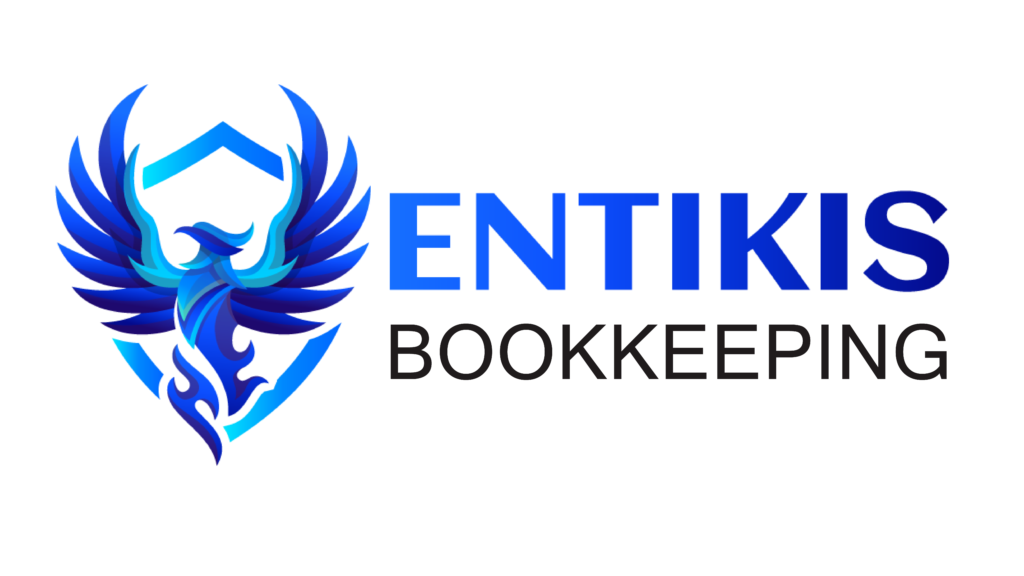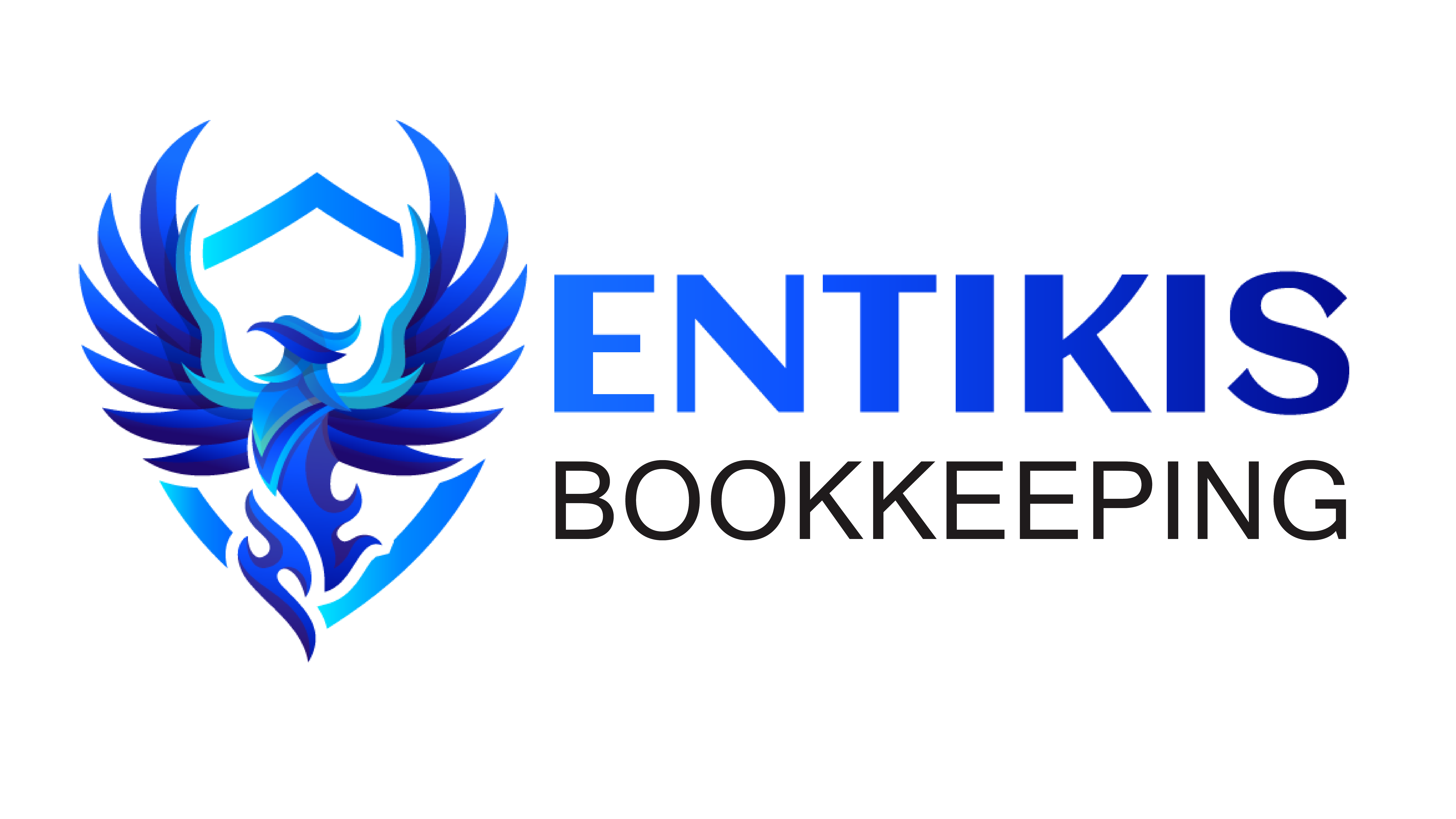Bookkeeping is a vital process for businesses of all sizes, ensuring that financial transactions are accurately recorded and organized. Whether you’re a business owner in Fort Worth, Texas, or anywhere in the Dallas Fort Worth area, understanding essential bookkeeping terms can help streamline your financial processes and improve your overall tax preparation. Knowing these terms will also allow you to communicate effectively with your bookkeeper, ensuring a smoother relationship built on professional communication.
Here’s a breakdown of the most important bookkeeping terms you need to know in 2024.
1. Accounts Payable (AP)
Accounts Payable refers to the money a business owes to suppliers or vendors for goods or services received but not yet paid for. Managing AP effectively is crucial for maintaining good relationships with suppliers and ensuring that cash flow remains stable. In your bookkeeping system, this will be recorded as a liability.
2. Accounts Receivable (AR)
Accounts Receivable represents the money that customers owe your business for products or services delivered. It’s important to monitor AR closely, as outstanding invoices can disrupt cash flow. Many bookkeepers recommend regular follow-ups with clients to ensure timely payments, which is especially important for businesses in fast-growing areas like Dallas Fort Worth, Texas.
3. Assets
Assets are everything that your business owns and can be converted into cash. This includes things like cash, inventory, property, and equipment. Proper bookkeeping ensures that all assets are recorded, tracked, and evaluated regularly, helping you maintain accurate financial statements. This can be particularly useful when preparing for tax season in Fort Worth, Texas.
4. Liabilities
Liabilities are the debts or obligations that your business owes to others, such as loans or unpaid invoices. Managing liabilities is crucial to ensuring that your business remains financially healthy. Effective bookkeeping helps you keep track of both short-term and long-term liabilities, making it easier to plan for the future and meet obligations as they arise.
5. Equity
Equity is the difference between your assets and liabilities. It represents the owner’s claim on the business after all debts have been paid. In simple terms, it’s the net worth of the business. If you are seeking investments or loans, maintaining accurate equity records is essential for showing the financial health of your business.
6. Revenue
Revenue is the income generated from normal business operations, such as the sale of goods or services. In bookkeeping, revenue is recorded when earned, not necessarily when received. This distinction is important for businesses in Fort Worth and Dallas Fort Worth, especially when preparing financial reports or tax returns.
7. Expenses
Expenses represent the costs that your business incurs in order to generate revenue, such as rent, salaries, and utilities. By accurately recording expenses, you can better understand your business’s profitability and make informed decisions. For businesses in Texas, where tax regulations can vary, keeping clear and accurate records of expenses is essential for efficient tax preparation.
8. Balance Sheet
A Balance Sheet is a financial statement that provides a snapshot of your business’s financial position at a specific point in time. It lists assets, liabilities, and equity, offering insight into the health of your business. Many bookkeepers use balance sheets to assess financial performance, and they’re often reviewed during tax preparation to ensure all financial records align.
9. Profit and Loss Statement (P&L)
Also known as an Income Statement, a P&L shows your business’s revenues, expenses, and profits or losses over a specific period. It’s an essential tool for evaluating the overall profitability of your business. Regularly reviewing your P&L helps keep track of financial health, especially in competitive regions like Fort Worth, Texas.
10. Cash Flow
Cash flow refers to the movement of money in and out of your business. Positive cash flow means you have more money coming in than going out, while negative cash flow indicates the opposite. Monitoring cash flow is essential for maintaining day-to-day operations and planning for future expenses.
11. General Ledger
The General Ledger (GL) is the central hub for all financial data in your bookkeeping system. It contains records of every transaction your business makes, categorized by accounts. Keeping an accurate and organized GL is critical for smooth tax preparation and professional communication with your bookkeeper or accountant.
12. Double-Entry Bookkeeping
Double-entry bookkeeping is a system where every financial transaction is recorded in at least two accounts: one debit and one credit. This method ensures that the books are balanced and helps to catch errors more easily. For businesses in Fort Worth and Dallas Fort Worth, implementing double-entry bookkeeping can make financial reporting and tax preparation far more efficient.
13. Accrual Basis Accounting
Accrual basis accounting records revenues and expenses when they are earned or incurred, not when cash is exchanged. This method provides a more accurate picture of your business’s financial position and is commonly used in businesses that extend credit to customers.
14. Depreciation
Depreciation refers to the reduction in value of an asset over time. This is important for tax preparation because it allows businesses to deduct a portion of the asset’s cost each year. Understanding depreciation is crucial for making informed decisions about asset purchases and reducing tax liability.
15. Tax Deduction
A tax deduction is an expense that can be subtracted from your business’s taxable income, reducing the amount of tax owed. For businesses in Texas, where taxes can be complex, staying on top of allowable deductions can significantly improve your financial outcome.
Bookkeeping is an essential aspect of running a business, especially in thriving regions like Fort Worth and Dallas Fort Worth, Texas. Understanding these key terms will not only help you communicate more effectively with your bookkeeper but will also improve your tax preparation process. Staying organized and keeping accurate records is vital to maintaining financial health and ensuring long-term business success.
In 2024, as financial regulations and tax laws evolve, having a strong grasp of bookkeeping fundamentals will help your business adapt and thrive in a competitive market. Be sure to stay informed and maintain professional communication with your bookkeeper to ensure your business’s financial future remains bright.
If You Are Looking For Professional Bookkeeping Services, Please Contact Us At Admin@Entikis.Com And 817-415-1715 To Learn More About How Entikis Bookkeeping Can Support Your Journey To Success! Located At 640 Taylor St Suite , Fort Worth, TX, United States, Texas. We Offer Professional Bookkeeping Services For Businesses In The Burleson, Fort Worth And The Surrounding Tarrant County Metroplex.





